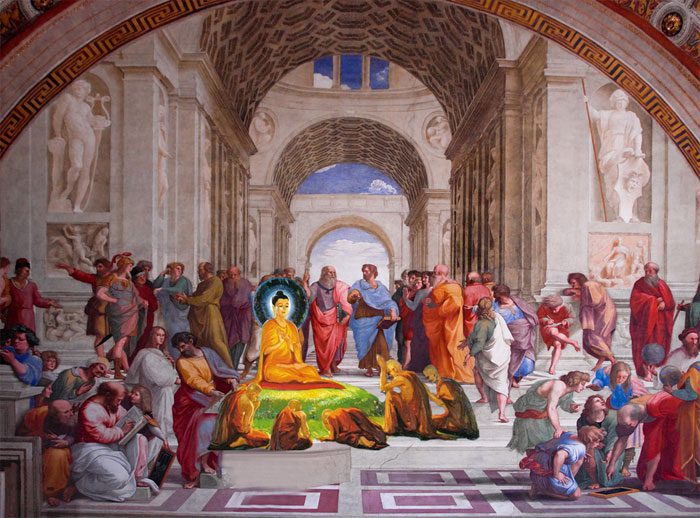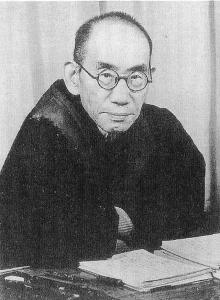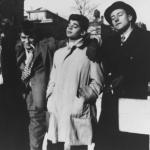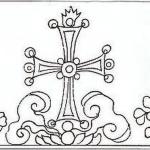
with the Buddha
Kitaro Nishida died on the 7th of June 1945.
He brought a deep commitment to Zen Buddhism and western philosophical disciplines together. The founder of what has come to be called the Kyoto School, Nishida has been described as the most influential Japanese philosopher of the twentieth century.
His ashes were divided into three parts. The first interred at the family plot. The second at the Rinzai monastery Myoshinji. And the third at Tokeiji temple, where the funeral was performed. This was organized by his life-long friend D. T. Suzuki, whose own ashes would later be interred next to Nishida’s.
Nishida was born in Unoke, Ishikawa Prececture, in 1870. And is an interesting product of the openings of the Meiji restoration.
His family were Jodoshu, Pure Land Buddhists. In his youth he studied Confucianism and Chinese culture. One of Nishida’s childhood friends who would become a life long friend, was D. T. Suzuki. Nishida studied at the Tokyo Imperial University where he was deeply informed by Western thinkers, especially William James, Henri Bergson, and Immanuel Kant.
After university he taught at High schools for several years. It was during this time that Nishida became a serious Zen student. He then began to teach at the university level, first at Gakushuin in Tokyo and then at the Kyoto Imperial University He would stay there for the bulk of his teaching career.

1943
Working from his Zen Buddhist perspective he explored Sunyata as a primary philosophical basis, developing what he called a philosophy of Nothingness. Nishida’s explorations of “absolute nothingness” has been particular significant. He also explored a philosophy of place, “topos”
A number of admirers gathered around him forming what was informally called the Kyoto School. Starting with him, but moving in their own directions, members of the Kyoto School brought insight and contributed to conversations about culture, psychology, and religious studies.
During the war years he was frequently criticized for his interests in western logic and philosophy. After the war he was criticized as a nationalist who supported the war effort.
By the time of his death Kitaro Nishida was considered a national treasure, and the Kyoto School providing a bridge between Japanese, Buddhist, and especially Zen Buddhist thought on the one shore, and Western philosophy on the other.
For me he’s somewhat indirectly important. My first serious reading of Zen Buddhism was through his friend and while never officially considered a member of the Kyoto School, certainly a fellow traveler, D. T. Suzuki. And later in seminary my goo fortune in studying with Masao Abe, who is often called the last of the Kyoto School philosophers.
An Important figure and an important community.
Worth knowing something about…













